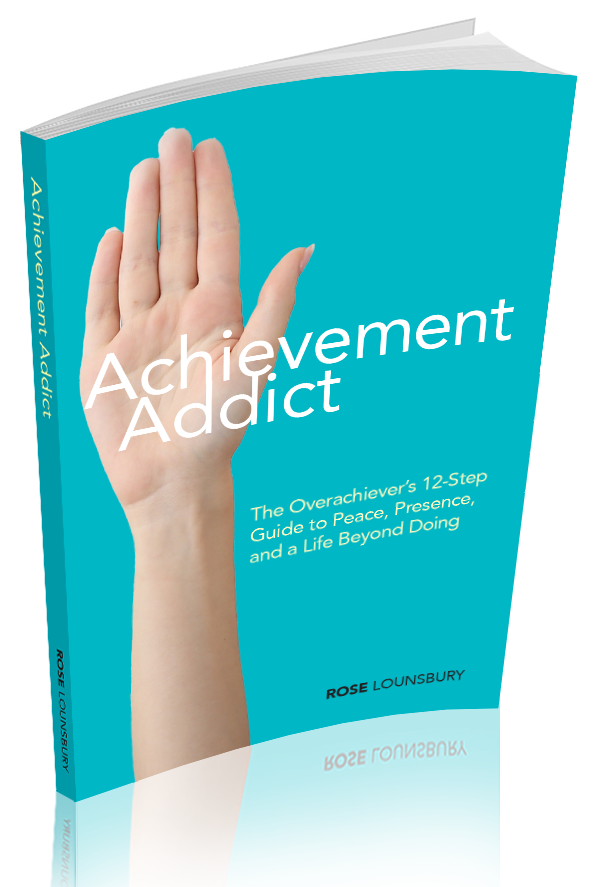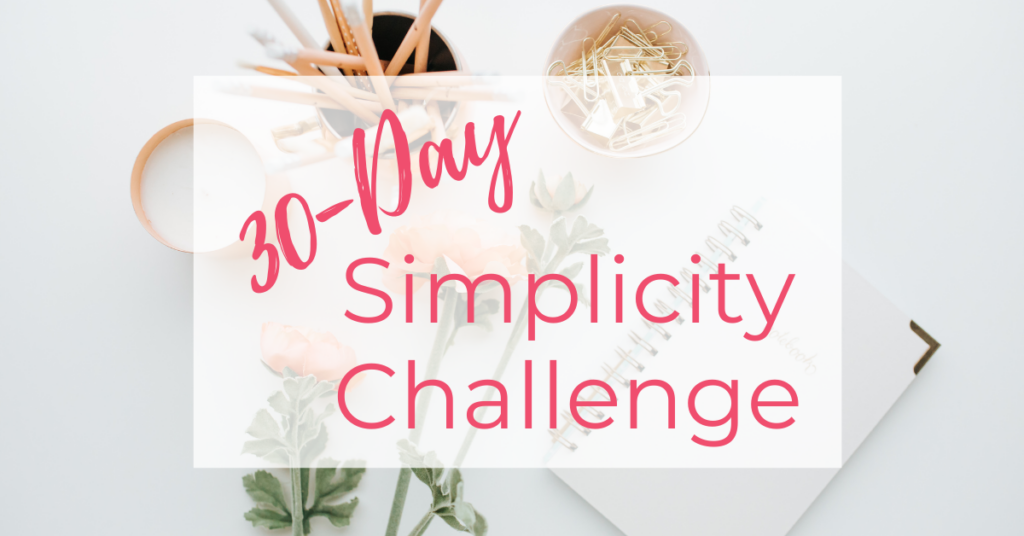*This is the last of a series of five blog posts about the lessons I learned during my family’s 6-week road trip this summer. If you’d like to read the rest, you can read my first post here, my second post here, my third post here, and my fourth post here.
People love to talk about travel. We love sharing stories of sights we’ve seen, people we’ve met, and even the juicy drama at airport security. Which is why I’m more surprised than anyone to end my 5-part blog series about my family’s summer adventure with the realization that I’m going to travel a lot less going forward.
It’s not because the trip wasn’t amazing or anything bad happened It’s because two things got my attention back-to-back: my heart and the planet.
Let me explain.
Reason #1: My Heart
One thing I often do when traveling is imagine what it’s like to live in the place I’m visiting. I look up real estate prices. I start imagining this whole life where I live near the beach, shop like a local, learn the language. This never turns into reality, but it always seems like a fun mental exercise.
Except… I sometimes wonder if fantasizing about living somewhere else reflects a latent dissatisfaction with where I currently live.
I’m not just imagining living somewhere else, I’m imagining living somewhere better. This always results in me returning to Dayton, Ohio, a bit deflated, feeling as if I’ve settled for a very nice suburban consolation prize.
What is it about Dayton that makes me long for elsewhere? Or a better question…
Why have I set up my life to feel dissatisfied, to always believe that there is something “better” out there, if only I could grab hold of it?
I don’t have an easy answer to that. But what surprised me most about my trip to Vancouver Island was that it was the first time I didn’t indulge in the “Let’s move here” fantasy.
The island was beautiful. The people were friendly. But I can remember telling Josh, very distinctly:
“This place is beautiful, but it’s not home.”
Home. That word that pulls ever onward through life. Every great story—from The Odyssey to The Lord of the Rings—is really a story about coming home.
I believe we all share a similar goal in life: to find home, whatever that looks like to us, both physically and spiritually. My recent brush with the spiritual—my father’s sudden passing—has made me realize the importance of home, of being with my people, in my places.
In the past year, I’ve felt a renewed pull toward community and family. I’m going to church for the first time in my adult life. I find nothing more satisfying than chatting on the sidewalk with my neighbors or walking my dog with my kids. I’ve spent hours thinking about how I can be of better service to my community.
One of my favorite quotes is from spiritual leader Ram Dass: “We are all just walking each other home.”
This quote reminds me of our shared human responsibility. We’re here to help each other, to offer a shoulder to lean on, to link arms as we walk together through the dark evenings of our lives and help each other see the uneven spots on the sidewalk.
So I didn’t long to stay on vacation. I didn’t lament that I had to return to Dayton, to normalcy, to bills and laundry and doctor’s appointments. I realized, as perhaps all travelers eventually do, that:
Happiness (or unhappiness) can be cultivated anywhere.
And what better place to cultivate my happiness than in Dayton, surrounded by people I love, places I know, and a community that needs my time and talents? I don’t need to travel far and wide to find peace, joy, or beauty. It’s right down the street, if I’m willing to look for it.
Reason #2: The Planet
It’s rare that I encounter an idea I’ve never heard before, but a few days after we returned from Canada, I was listening to an episode of my friend Stephanie’s Sustainable Minimalists Podcast called “In Defense of Staycations.”
It kinda blew my mind.
In this episode, Stephanie interviewed former world-traveler-turned-podcaster Chris Christou about tourism’s effect on the environment and local cultures. They discussed the link between tourism and late-stage capitalism, and how short term rentals, like Airbnb, are evicting locals and destroying cultures. (This happens in the US, too. In fact, New York City recently banned Airbnbs in an attempt to solve the city’s housing crisis.)
My curiosity piqued, I subscribed to Chris’s podcast, The End of Tourism. (Note: Chris is an intellectual guy and I think he only interviews people with multiple PhDs, so if you listen to his podcast, prepare to feel intellectually humbled! I certainly do! 😉)
I started noticing articles about overtourism in the news, but mostly, my brain could not stop thinking about these questions:
- Why do I feel entitled to show up in places just because I have the resources to do so?
- How does my “showing up” impact the people, culture, and environment in those places?
- Would it be better for me to stay home, enrich myself in my local people and culture, instead of venturing out to see new things?
- If I do that, does that mean I will never travel again? How would that affect me?
I don’t have great answers to any of these questions, which is why, for the time being, I’m staying close to home, limiting my travel to places I can drive, and spending more time enjoying the museums, sights, and cultures that abound nearby.
I don’t think it’s a big leap for most of us to recognize that tourism—specifically air travel—is bad for the environment.
But the thorniest mental struggle I’ve had since learning about overtourism is recognizing how much it smacks of colonialism.
I’ve always judged those Europeans of yesteryear, with their fancy hats, short pants, and minds bent on domination. Why did they think they could just show up on the shores of some country and do whatever they damn well pleased without asking anyone’s permission? What made them feel so entitled?? Look at all the problems it’s caused!!
And yet… What is my attitude when I book a cheap flight for an all-inclusive resort in the Caribbean?
I can afford to do it, so I deserve to do it.
It’s the same attitude. The same entitlement. The same lack of consideration for my impact on the people or the planet.
I’m not sharing this to put sour grapes in anyone’s upcoming vacation plans. I’m simply sharing how my thoughts about tourism are shifting. I don’t pretend to be an expert, but I’m also not pretending to not know what I now know.
When we know better, we have a responsibility to do better.
I think we can all share this goal in life: Try to do a bit better, act with more kindness and generosity, walk our fellow humans home the best we can.
For me, right now, this means I’m keeping my travel plans close to home.
I hope you’ve enjoyed my blog series! I enjoyed writing it and I’ve loved hearing so much wonderful feedback from all of you readers.
If something I shared today resonated with you—or if you want to share insights on overtourism because I can’t get it out of my head!—I’d love for you to email me personally at [email protected] and let me know.
Xo
Rose








